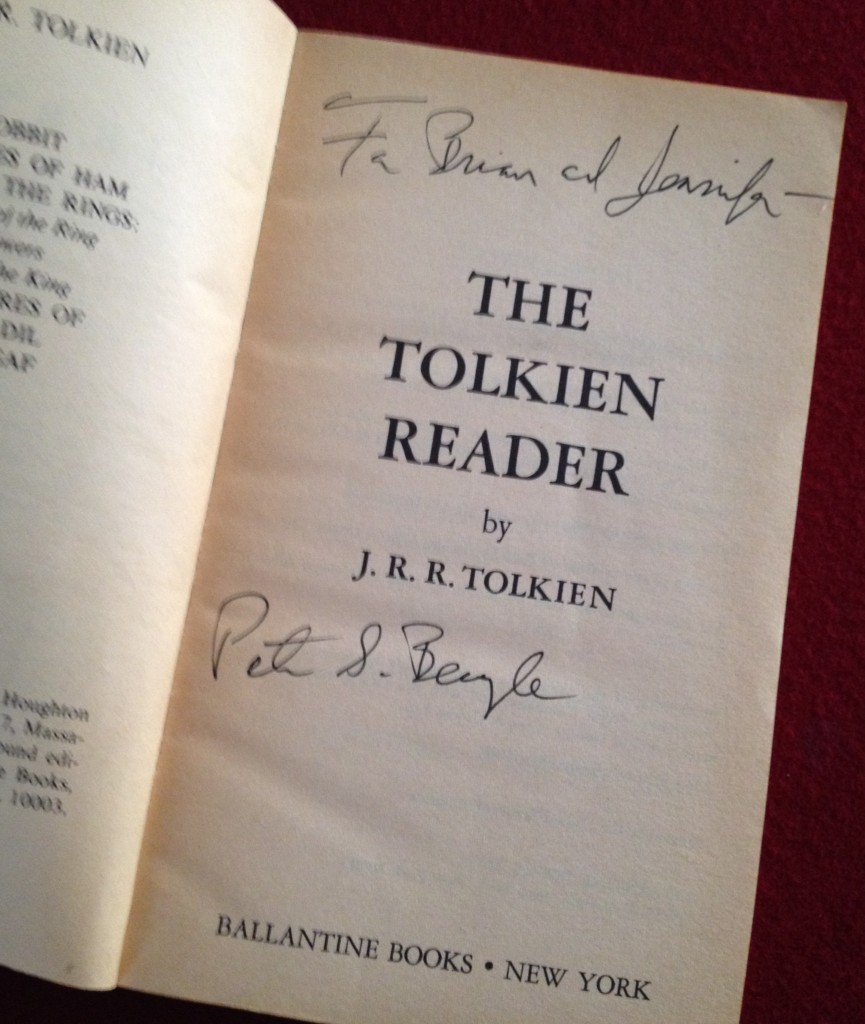Delilah S. Dawson brought us this little hidden gem in late 2023, and I managed to miss it entirely when it came out. Lucky for me, I snagged a copy in a book giveaway.
Midnight at the Houdini tells the story of Anna, a young woman who ends up trapped in a magical hotel (called the Houdini, get it, GET IT?), and if she can’t escape by midnight, she’ll become another permanent, ghostly guest. The whole adventure is surreal, loaded with beautifully detailed descriptions of a setting from a bygone era. But the point I kept wondering while reading was: is the hotel sentient?
Dawson has written a lot of fantasy, including Kill the Farm Boy (co-written with Kevin Hearne), which probably deserves its own review. She’s also written a number of Star Wars novels as well as other science fiction. So it’s no surprise that she can bring over some sci-fi concepts into fantasy, like the classic sentient ship trope. Because that’s effectively what we’ve got going on with the Houdini—it’s a sentient ship, isolated from the outside world, its inhabitants every bit as unable to leave as if they were in space.
Okay, so it’s not really an idea that’s completely brand new to fantasy. Sentient/living buildings exist in fantasies like Howl’s Moving Castle, and the Innkeeper series by Ilona Andrews. But I had to stop and think to recall those, whereas I can come up with a number of sentient ships off the top of my head—2001: A Space Odyssey, Ancillary Justice, ART in the Murderbot Diaries, and Lovey from the Wayfarers series, just for starters. In those stories, the ship or AI is a major character, and in fantasy, it’s mostly treated as part of the setting. A really cool part of it, maybe, but it seems like this theme is just bigger and more common in sci-fi, is what I’m saying.
In this book, though, the Houdini is a major element. I stop short of calling it a character, but it’s definitely vital to the story. It often feels like a character, as if it’s manipulating its occupants in a thoughtful, intelligent way. I mean, it’s sometimes also a little terrifying, but being sweet or kind has never been a requirement for proving intelligence (unfortunately). The Houdini itself, combined with the early 20th century trappings, creates a unique and fresh adventure.
I noticed some other reviews for Midnight at the Houdini weren’t quite as positive, and after reading through several trying to identify what they felt the problems were, I suspect it’s really more about subverted tropes than any real issues with the story itself. Of course people have the right to like what they want. And if you’re looking for something a little different, Midnight at the Houdini might be worth a look.
Irregular Reviews are reviews I write at random, not on a schedule, whenever I’m inspired to write about a book. These are strictly my thoughts and opinions. Feel free to disagree.

